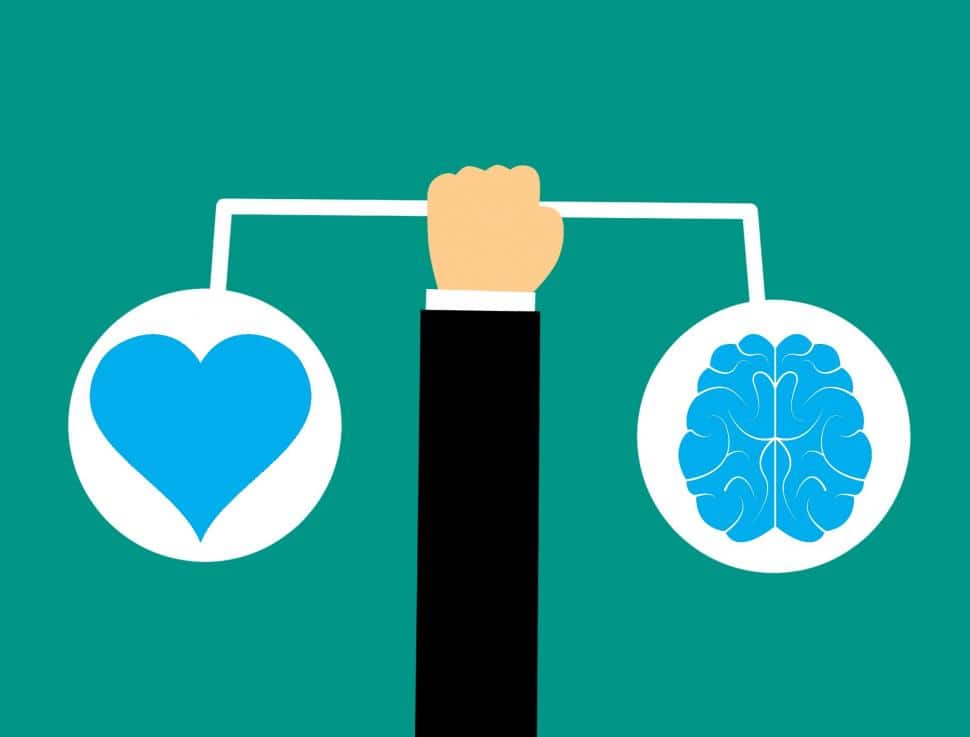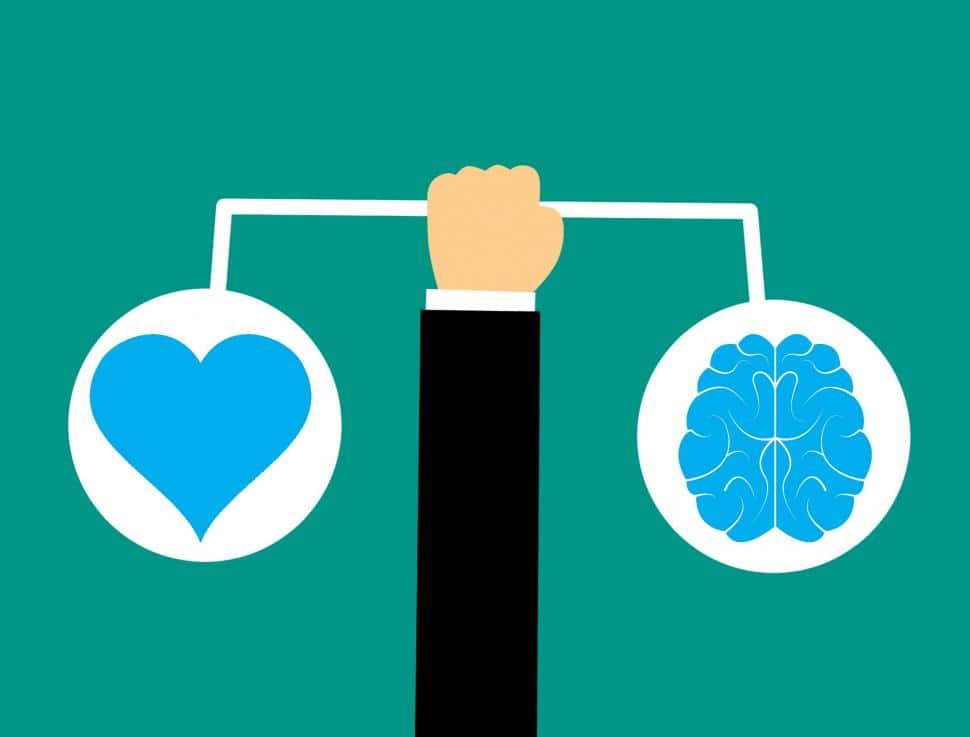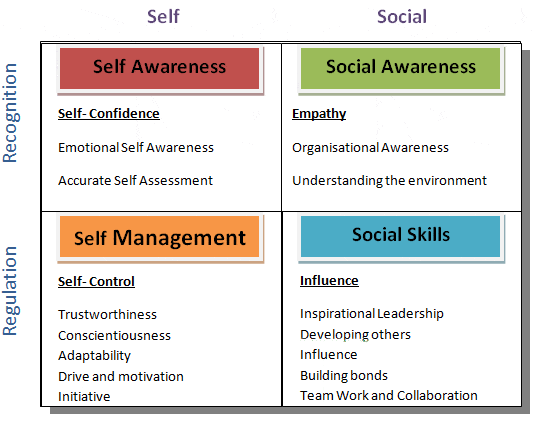
What makes a leader highly effective?
Think of a highly effective leader. What qualities, traits, and behaviors come to mind when you think of any highly effective leader?
- Did you think of a leader who stays calm even in stressful situations or someone who loses his temper often?
- Did you think of someone who listens patiently or someone who talks a lot?
- Did you think of an approachable leader or someone bossy?
- Did you think of someone who is open to suggestions and feedback or someone who is “always right”?
- Did you think of a leader who is open to trying new ideas or someone resistant to change?
- Did you think of someone who genuinely cared about your well being while completing the tasks or someone
- who only focuses on results while ignoring people?
- Did you think of someone who inspires or someone who irritates?
- Did you think of someone who easily picks up the team’s mood or someone unaware of how others are feeling?
- Did you think of someone who routinely appreciated your efforts and results or someone who only criticized your mistakes?
Read The single biggest factor in your organization’s long-term success.

Emotional Intelligence
When we compare the behaviors and traits of highly effective leaders with average leaders’ traits, the difference is obvious. And that difference is emotional intelligence.
Salovey and Mayer (1990) defined Emotional Intelligence as the ability to monitor one’s own and others’ feelings and emotions, to discriminate among them, and to use this information to guide one’s thinking and actions’
Daniel Goleman brought the term emotional intelligence into the mainstream with his book Emotional Intelligence – Why it can matter more than IQ. The book was published in 1995 and became a bestseller.
Measuring “intelligence” and predicting future success
Scientists and researchers have been trying to define intelligence for many years. For almost the entire last century, intelligence was measured using IQ or Intelligence quotient. IQ is the measure of cognitive capability – one’s ability to think, reason, learn and recall. Intelligence quotient tests generally include reading comprehension, vocabulary, arithmetic, and reasoning. It was believed to be an accurate predictor of future success and was used in schools, colleges, and job screening.
Predicting future job performance is the primary reason for screening candidates using IQ in organizations. However, IQ seemed to be a fairly inaccurate predictor of future success. Many people with high IQ end up doing poorly in professional and personal lives, while people with below-average IQs often succeed and prosper. Howard Gardner came up with the theory of multiple intelligences that proposed that intelligence is more than just IQ. Daniel Goleman popularized the concept of Emotional intelligence measured by EQ or emotional quotient.
IQ vs. EQ as a predictor of success
Daniel Goleman proposed that EQ was a much better predictor of success at work and in life. He cites numerous studies to drive home the importance of emotional intelligence. People with the highest IQs and brilliant technical skills don’t do very well in their careers and life. On the other hand, people with average and below-average intelligence and technical skills are highly successful in their careers and personal lives. Numerous studies done over the years have validated that EQ is three times more accurate in predicting future success as compared to IQ.
IQ is like an entry ticket.
Technical skills are needed for any profession. To be employed in their respective professions – an accountant needs to understand the basics of finance and accounting, or an engineer must know the basics of engineering. Technical skills are like an entry ticket – they are needed to get in. However, once a person has entered the profession, how far she will move up the career ladder depends a lot on emotional intelligence. If two people with similar IQs and technical skills enter the profession simultaneously, who will move up the career ladder faster? The answer is the person who has higher emotional intelligence.
Read: What are the ego traps and Leadership Derailers leaders fall for?
Leadership and emotional intelligence

Leadership is primarily about emotional intelligence. By the time one reaches the leadership level, it is a given that they are technically sound. The differentiating factor, then, is emotional intelligence. Emotional intelligence competencies have a 3/4th contribution to a leader’s success. Successful leaders demonstrate the EQ competencies of self-awareness. They are calm and grounded, understand others’ feelings, build relationships, are driven and self-motivated, etc. Failed leaders often are critical, tend to lose control of their temper, are defensive, and lack empathy.
Read: How to become a better leader? What does it take?
The four main components of Emotional Intelligence
The four main components of emotional intelligence are
1. Self-awareness
2. Self-management
3. Social awareness
4. Relationship management

Self-Awareness
It is the ability to be aware of how we are feeling, what our emotions are at any given moment and what is the cause of these emotions. Self-awareness allows us to see ourselves as we are and identify our strengths and areas of improvement. According to Daniel Goleman, self-awareness consists of the following three competencies.
- Emotional Awareness: Recognizing one’s emotions and their effects.
- Accurate Self-Assessment: Knowing one’s strengths and limitations.
- Self-Confidence: A strong sense of one’s self-worth and capabilities.
Self-management
Self-management competency is the ability to respond instead of reacting. It allows us to remain calm even when we feel strong emotions like anger, frustration, jealousy, or other negative emotions. Without self-management, we may lash out at people and act on our impulses. Self-management competency ensures that we are aware of how our behaviors can affect relationships and, ultimately, our goals and regulate our emotions.
Self-management consists of the following six competencies.
- Emotional Self-Control: Keeping disruptive emotions and impulses in check.
- Transparency: Maintaining integrity, acting congruently with one’s values.
- Adaptability: Flexibility in handling change.
- Achievement: Striving to improve or meeting a standard of excellence.
- Initiative: Readiness to act on opportunities.
- Optimism: Persistence in pursuing goals despite obstacles and setbacks.
Social awareness
Social awareness competency includes empathy – which is the ability to sense what the other person feels and understand their needs and concerns. Being aware of the environment, people, and situations and being able to manage social interactions.
The social Awareness cluster contains three competencies:
- Empathy: Sensing others’ feelings and perspectives and taking an active interest in their concerns.
- Organizational Awareness: Reading a group’s emotional currents and power relationships.
- Service Orientation: Anticipating, recognizing, and meeting customers’ needs.
Relationship Management
It is the ability to connect with others, build positive relationships, and positively influence others.
The Relationship Management cluster contains six competencies:
- Developing Others: Sensing others’ development needs and bolstering their abilities.
- Inspirational Leadership: Inspiring and guiding individuals and groups.
- Change Catalyst: Initiating or managing change.
- Influence: Wielding effective tactics for persuasion.
- Conflict Management: Negotiating and resolving disagreements.
- Teamwork & Collaboration: Working with others toward shared goals. Creating group synergy in pursuing collective goals.
Emotional Intelligence is a pre-requisite and an essential part of becoming a good leader. Lack of emotional intelligence in leaders results in disengaged employees and reduces business performance.
Read: Which is the best leadership development program?
Would you like your leaders to develop their emotional intelligence competencies? Would you like the leaders to stop the derailing behaviors that undermine team performance and cause disengagement?
NAL Triple Advantage Leadership Coaching.
That delivers guaranteed and measurable leadership growth. It is based on a stakeholder-centered coaching process with a 95% effectiveness rate (in a study or 11000 leaders on 4 continents). It is used by companies ranging from startups to 150 of the Fortune 500 companies to develop their leaders.
Here are some of the salient benefits of NAL Triple Advantage Leadership Coaching
Time and resource-efficient: The leader does not have to leave work to attend training programs. We go to the leader and her team. And it only takes 1.5 hours per month. The rest of the time, the leader is working to implement with her team.
Separate and customized improvement areas for each leader: Every leader is different. One size fits all approach doesn’t work. Individual development areas for each leader aligned to the business strategy.
Involves entire team: Unlike most leadership programs, NAL Triple Advantage Leadership Coaching involves the leader’s entire team, and it has a cascading effect – increasing the team effectiveness and improving organizational culture.
The leader becomes the coach: for continuous improvement for leaders themselves and their teams. It is like kaizen for your leadership development.
Cost-Effective: Our entire one-year coaching engagement often costs less than sending the leader to a short-duration leadership program at any reputed B school.
Guaranteed and measurable leadership growth: as assessed – not by us – but anonymously rated by the leader’s own team members.
Pay us only after we deliver results! : We work with many of our clients on a pay for results basis. What does it mean? If the leaders don’t improve, you simply don’t have to pay us.
Schedule an exploratory 15-minute conversation with our leadership adviser today
Click the button below.
References
http://www.danielgoleman.info/daniel-goleman-how-emotionally-intelligent-are-you/
https://www.mbaknol.com/modern-management-concepts/four-components-of-emotional-intelligence/

